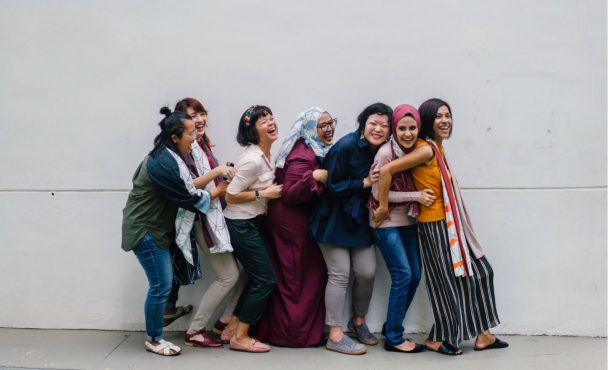Description
Inclusive education can be seen as a process of strengthening the capacity of an educational system to reach out to all learners in the community.
This course has been tailored for teachers dealing with classroom diversity and disadvantaged learners, including those with special educational needs or a migrant background. Specifically, participants will acquire or improve their knowledge regarding:
- Defining inclusive education, key principles, and values;
- Understanding the process of inclusion/Addressing barriers to participation, learning and resources to support all students within schools;
- Using ICT tools to support all learners in inclusive settings;
- Collaboration within school communities (teachers, teaching assistants, students, parents/carers) in order to establish a framework of inclusive values and practices (e.g. co-teaching involving a general education and a special education teacher).
Upon completion of the course participants using reflective techniques such as “Index for Inclusion” are expected to develop intervention plans through a range of activities (e.g. case studies, hands-on activities) aimed towards enhancing participation, learning, and achievement of inclusive mainstream education for all students, specifically for disadvantaged learners, including those with special educational needs and migrant background, thereby fostering social inclusion.
What is included
Learning outcomes
The course will help the participants to understand how to:
- Face diversity and identify the barriers to participation and learning arising within schools;
- Draw up development priorities and planning interventions to support diversity (e.g. curricula adaptations, design of differentiated lessons);
- Use alternative learning practices, techniques, materials, and associated assessment tools to review development;
- Use ICT to support all learners in inclusive settings;
- Foster collaboration within the school community (teachers, students, parents/carers) in order to establish a framework of inclusive values and support students’ participation and achievement in sustainable school systems;
- Understand the key features of an inclusive learning environment.
Tentative schedule
Day 1 – Course introduction & models of disabilities
- Introduction to the course, the school, and the external week activities;
- Icebreaker activities;
- Presentations of the participants’ schools;
- Social and individual/medical models of disabilities.
Day 2 – Analysing dynamics
- Diversity, identification of barriers to participation and learning arising within schools and resources to support students;
- Group discussion and individual/teamwork practical activities.
Day 3 – Supporting diversity
- Drawing up development priorities and planning interventions to support diversity (e.g. curricula adaptations, design of differentiated lessons);
- Slides presentation, individual/teamwork practical activities.
Day 4 – Reviewing development
- Alternative learning practices, techniques, materials and associated assessment tools to review development;
- Hands on activities, individual/teamwork practical activities.
Day 5 – Using ICT
- Using of ICT to support all learners in inclusive settings;
- Collaboration within school community (teachers, students, parents/carers) in order to establish a framework of inclusive values and support students’ participation and achievement in sustainable school systems.
Day 6 – Course closure and cultural activities
- Course evaluation: round-up of acquired competencies, feedback, and discussion;
- Awarding of the course Certificate of Attendance;
- Excursion and other external cultural activities.









